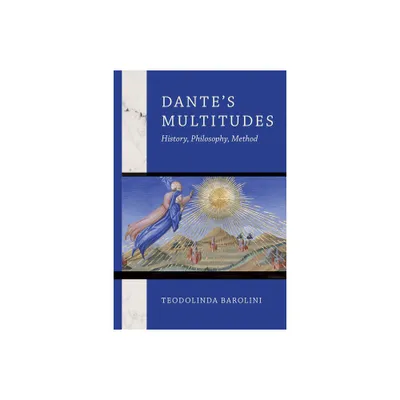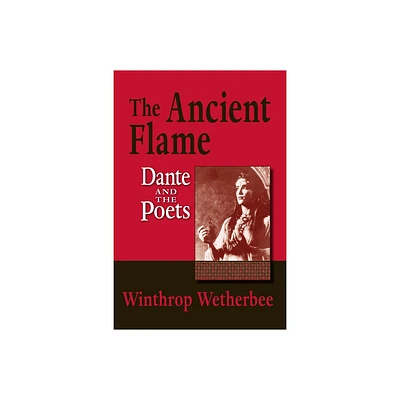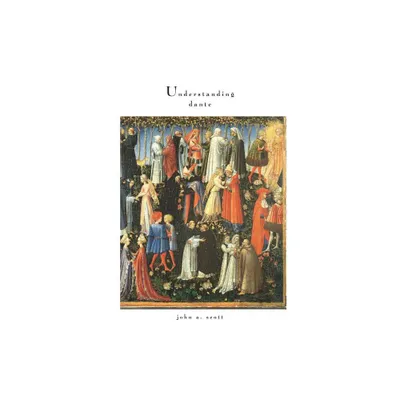Home
The National Idea in Italian Literature
Loading Inventory...
Barnes and Noble
The National Idea in Italian Literature
Current price: $5.99


Barnes and Noble
The National Idea in Italian Literature
Current price: $5.99
Loading Inventory...
Size: OS
*Product Information may vary - to confirm product availability, pricing, and additional information please contact Barnes and Noble
An excerpt from the beginning... There is a noble poem by Carducci, "Per il monumento di Dante a Trento" (written in 1896), in which the soul of the Divine Poet soars up after death to the gate of Purgatory, impelled by conscience to seek the expiation of his pride before passing into the bliss of Paradise. A voice from on high tells him that the spiritual world of his vision has passed away, but God has consigned Italy to his charge; he is to watch over her destiny as a guardian spirit through the centuries, until the fullness of the times shall come: - "Ed or s' è fermo, e par ch'aspetti, a Trento." The national idea came to Dante as part of that essential continuity between ancient Rome and modem Italy which is the key to Italian civilization. Virgil himself had defined the national aspirations of Italians throughout the centuries, when he placed upon the lips of Aeneas the pregnant words: "Italiam quaero patriam." There was never a time, from the day on which a barbarian conqueror dethroned the last of the old Roman emperors in the west to that on which Victor Emanuel assumed the crown of the united modem kingdom, when Italy - ^in the notorious phrase of Metternich - was "a mere geographical expression." From the writers of ancient Rome the Italians of the early Middle Ages had inherited the conception of the Italy of classical literature, whose glories and beauties, whose ancient gods and heroes, had been sung by Virgil and Horace - the Italy which, through the Roman Empire, had given the Latin civilization to the nations whom she united in the Roman Peace.


















